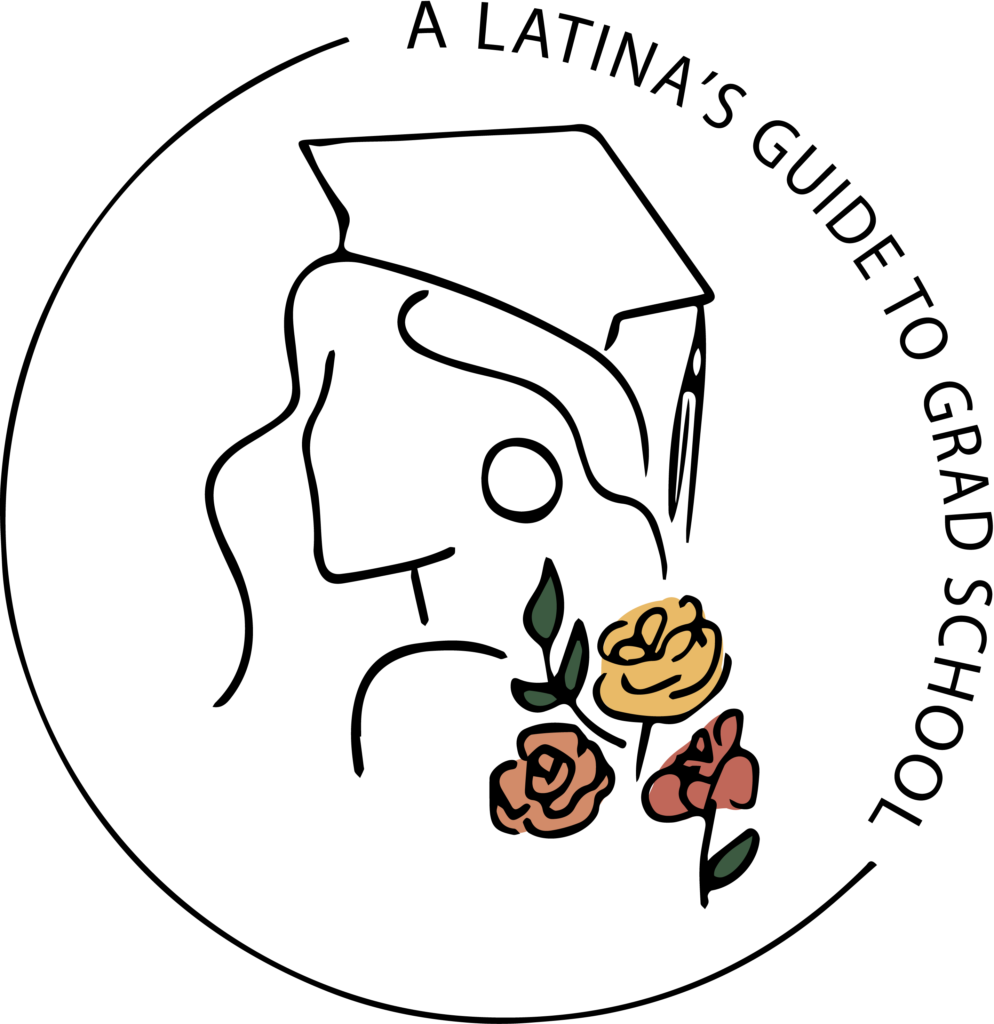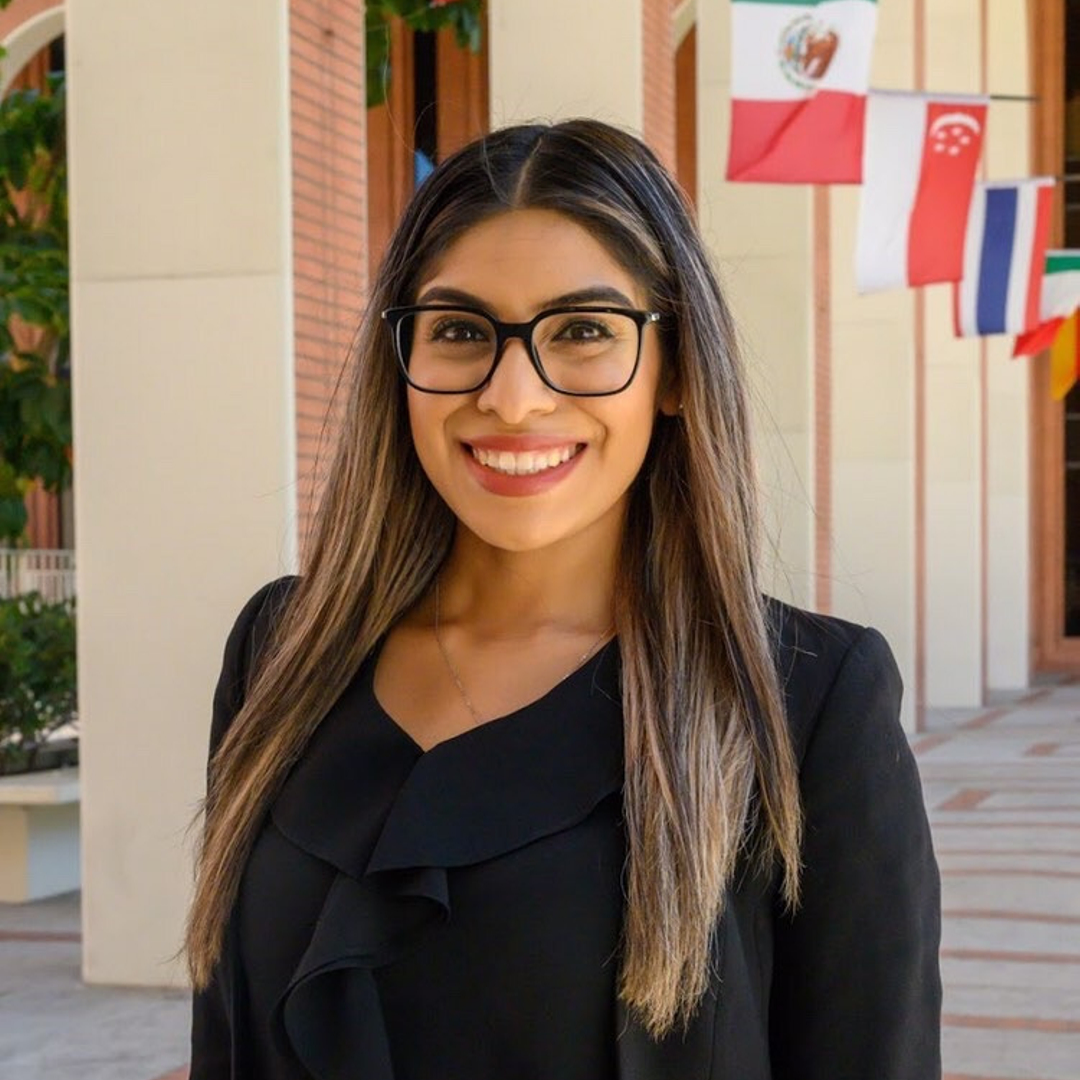Describe your personal, educational, and professional experiences and how they informed your decision to pursue a graduate degree.
As a first-generation student with aspirations of entering the biomedical fields as an undergraduate at UCLA, I sought mentorship and academic opportunities that would lead to such career pathways. However, I did not feel my experiences validated within my (biochemistry) major and thus sought opportunities in the education field. I engaged in research assistantships, internships, and advising and tutoring jobs, which led to my pursuit of graduate studies in social work. I began to see that many of my students presented with social-emotional needs that interfered with their academic and social functioning. As an early educator, I did not feel equipped to address such needs within my capacity. I pursued a Master’s in Social Work with an emphasis in children’s mental health at USC to not only have the tools to assess, diagnose, and treat vulnerable populations but to also assist on their healing and resiliency journey. I am currently a Licensed Clinical Social Worker (LCSW) for the Los Angeles County Department of Mental Health serving low-income, monolingual Spanish-speaking immigrant families in a community mental health clinic in Southeast Los Angeles. I am trained and certified in multiple evidenced-based practices (TF-CBT, MAP, CORS, SFT, DBT, and Seeking Safety) and have also served as a Field Instructor to MSW graduate students who seek internship at the community mental health clinic. Through my clinical experience and collaboration with schools, I noticed that many schools were bounded by policies and regulations that intercepted with my clients academic and social well-being. My limitations as a mental health practitioner ignited my current academic pursuit, the Doctor of Education in Educational Leadership with an emphasis in Educational Psychology. I am currently a doctoral candidate at USC Rossier School of Education and intend to graduate in May 2020. My goal is to dismantle systems of oppression that result in social disadvantage for communities of color, specifically within the realms of education and social work. I am currently in the process of opening my own private practice to continue to support the social-emotional well-being of Latinx families.
What challenges did you encounter along your educational trajectory? How did you overcome those challenges?
I grew up in the heart of South Central Los Angeles with working-class, undocumented immigrant parents who although had many goals for their children, they were limited with resources and social networks. As a product of a notoriously known high school, I entered UCLA with a limited social capital, a strong sense of imposter syndrome, and academic disadvantages. As previously mentioned, I started my undergraduate career as a biochemistry major with a pre-med track. It was difficult for me to navigate collegiate spaces where I felt I did not belong. Although I participated in UCLA’s Freshmen Summer Program (FSP) and met peers with similar ethnic and cultural background, it was not until the end of my freshman year where an increased sense of belonging emerged through my participation in student organizations. However, I attribute my induction to the field of education to my first education class with Professor Tyrone Howard, “Race, Class, and Gender Inequities in Education.” It was here where my educational experiences were validated and respected as truths. In addition, as I simultaneously took classes within women’s studies and education studies, I sought academic opportunities that allowed me to unfold my passion and career pathway. My undergraduate experiences were enriched through the continuous support of my village: familia, amigxs, y amistades.
What advice do you have for individuals who are interested in pursuing a graduate degree?
My suggestion is to wait after completing undergraduate studies and take the time to research interested programs. I entered my master’s program directly after completing my undergraduate studies and although I knew this was the correct path for me, I believe if I had spent time gaining professional work experience it would have enhanced my overall experience. For this reason, I waited five years to apply to my doctoral program in order to best apply my professional expertise with my academic research interest. I also ensured that my program had faculty that would best support my research interest. As a full-time professional and a full-time doctoral student, finance and management of time is crucial. I suggest seeking scholarships and fellowships that are centered within your academic interest and but most importantly, begin physically and emotionally decluttering from spaces that are not contributing to your well-being. Although unexpected complicated life situations happen, the more your are in a liberated mindset the more you will be willing to engage in your academic journey. And speaking as a first-gen Latina, remember that no matter your upbringing, your roots, your (her)story, you EARNED your seat in the classroom… you are there, surviving and thriving. I heard something today that I wish I had heard when I was first in graduate school and even in undergrad: “Dear new grad student starting MA/PhD coursework, the loud male grad students in your seminar who name-drop fancy concepts without explaining them are not smarter than you.” Just apply, you got this!
What did you enjoy most about your graduate/professional program?
In my master’s program, I most enjoyed the applicability of content learned in class to my fieldwork experience. In my doctoral program, I am most enjoying the exposure to critical pedagogies and the variability of professional expertise in the program.
Yanira is currently a Licensed Clinical Social Worker at a community mental health clinic for the Los Angeles County Department of Mental Health. To further expand her expertise and commitment to social justice, she is receiving training for immigration and forensic psychological evaluations in efforts to open her private practice next year.


